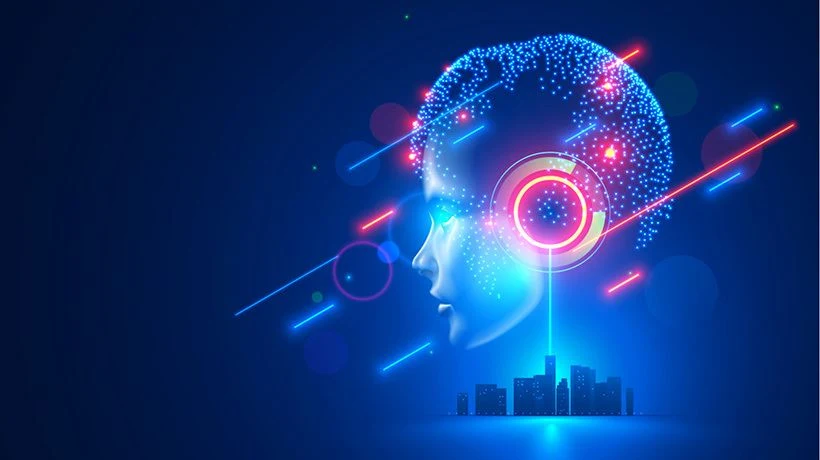The Future of Online Education: How ChatGPT is Revolutionizing Online Learning System
How ChatGPT is Revolutionizing Learning
As the world becomes increasingly digital, the field of education is also experiencing a major shift. With the rise of online learning platforms, students can now access educational content from anywhere in the world, at any time of day. And with the advent of advanced AI technology like ChatGPT, online education is set to become even more personalized and effective.
ChatGPT is a language model developed by OpenAI that is designed to understand natural language and generate human-like responses to text input. As an AI-powered chatbot, ChatGPT can be used to interact with students and help them learn in a more engaging and interactive way.
One of the key advantages of using ChatGPT in online education is its ability to personalize the learning experience for each student. By analyzing the student's behaviour and learning patterns, ChatGPT can create a customized learning plan that caters to their individual needs and preferences. For example, if a student is struggling with a particular concept, ChatGPT can provide additional resources and exercises to help them master it.
In addition to personalization, this chatbot can also improve the quality of feedback that students receive. Traditionally, feedback in courses is often limited to automated responses or peer grading. But with ChatGPT, students can receive instant and personalized feedback that is tailored to their specific strengths and weaknesses. This can help students to identify areas where they need to improve and take corrective action.
Another key advantage of using ChatGPT in online education is that it can provide students with 24/7 support. Unlike traditional classrooms where students have to wait until the next class or during office hours to ask questions, AI is available to answer queries and provide support at any time of day. This can help students to stay motivated and engaged with their studies, and can also reduce the likelihood of them dropping out of the course.
Finally, ChatGPT can also help to reduce the workload of teachers and instructors. By automating routine tasks like answering common questions and grading assignments, ChatGPT can free up more time for teachers to focus on other important aspects of their job, such as developing new course content or engaging with students who need extra support.
In conclusion, ChatGPT is set to have a major impact on the field of online education. By providing personalized learning plans, instant feedback, 24/7 support, and reducing the workload of teachers, ChatGPT can help to make online education more engaging, effective, and accessible for students all around the world.

